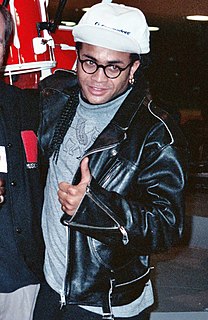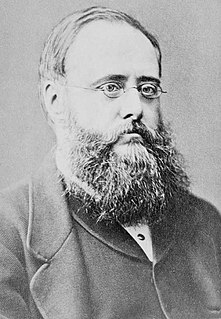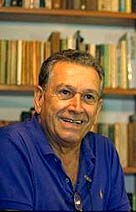A Quote by Matthew Pearl
Shakespeare brings us to know ourselves. Dante, with his dissection of all others, bids us to know one another.
Quote Topics
Related Quotes
We wake up and go to sleep with ourselves every single day. We see ourselves in the mirror from every angle. We know what we look like. We know what makes us happy about our bodies and what upsets us. And we don't need to value the opinions of others at all - especially from people who that we don't even know, or that we don't care about.
When the Spirit of God comes into us, He wants to be Himself in us. He wants His energy to be poured through us. He wants His wisdom to be deposited in our hearts. He wants His instinct and nature to be evident and obvious in you.He wants us to see what He is looking at, to feel what He feels, to know what He knows, to work with His projects, see life the way He sees it, get His ideas and know His opinion about yourself and others.
In each of us there is another whom we do not know. He speaks to us in dreams and tells us how differently he sees us from the way we see ourselves. When, therefore, we find ourselves in a difficult situation to which there is no solution, he can sometimes kindle a light that radically alters our attitude - the very attitude that led us into the difficult situation.
Love to me is - the final lines in Dante's Paradiso, when he says, "The love that moves the Sun and all the stars" - it's what draws us together, it's why we have leaky margins with each other. It is that sumptuous, sensuous, sensitive quickening that happens when we really know ourselves as love and see ourselves as loving.
... it is one of the gains of advancing age that the good of young creatures becomes a more definite intense joy to us. With that renunciation for ourselves which age inevitably brings, we get more freedom of soul to enter into the life of others; what we can never learn they will know, and the gladness which is a departed sunlight to us is rising with the strength of morning to them.





































